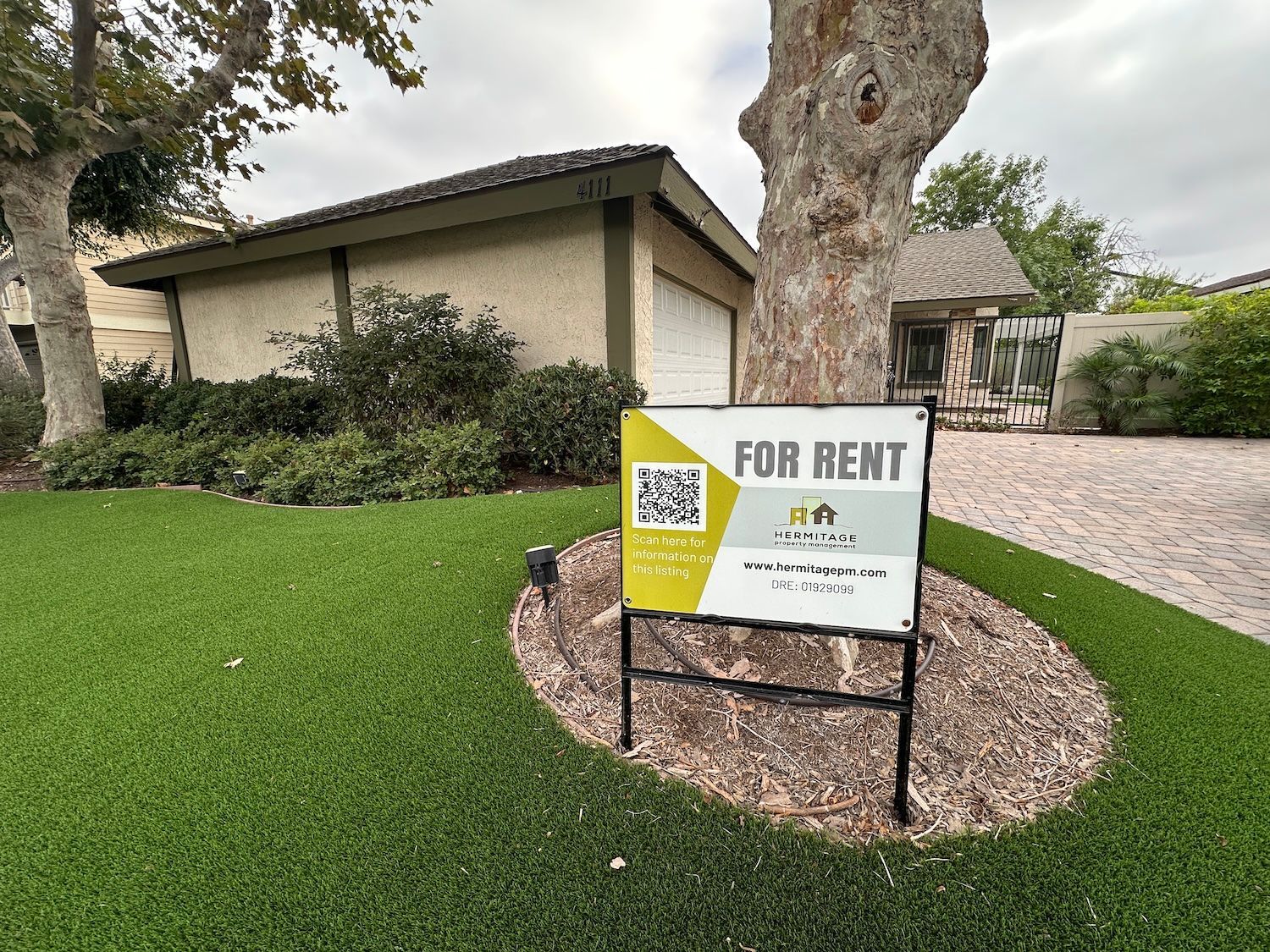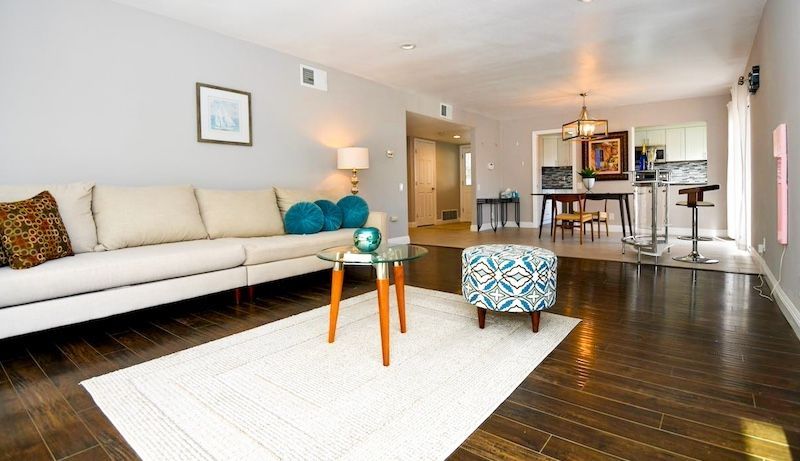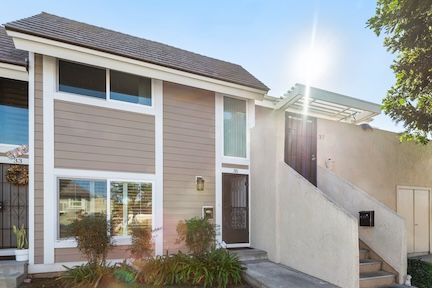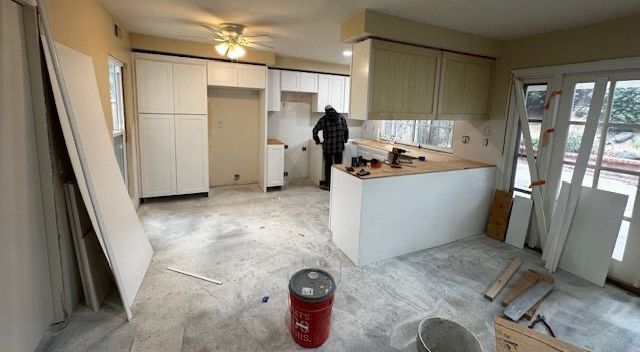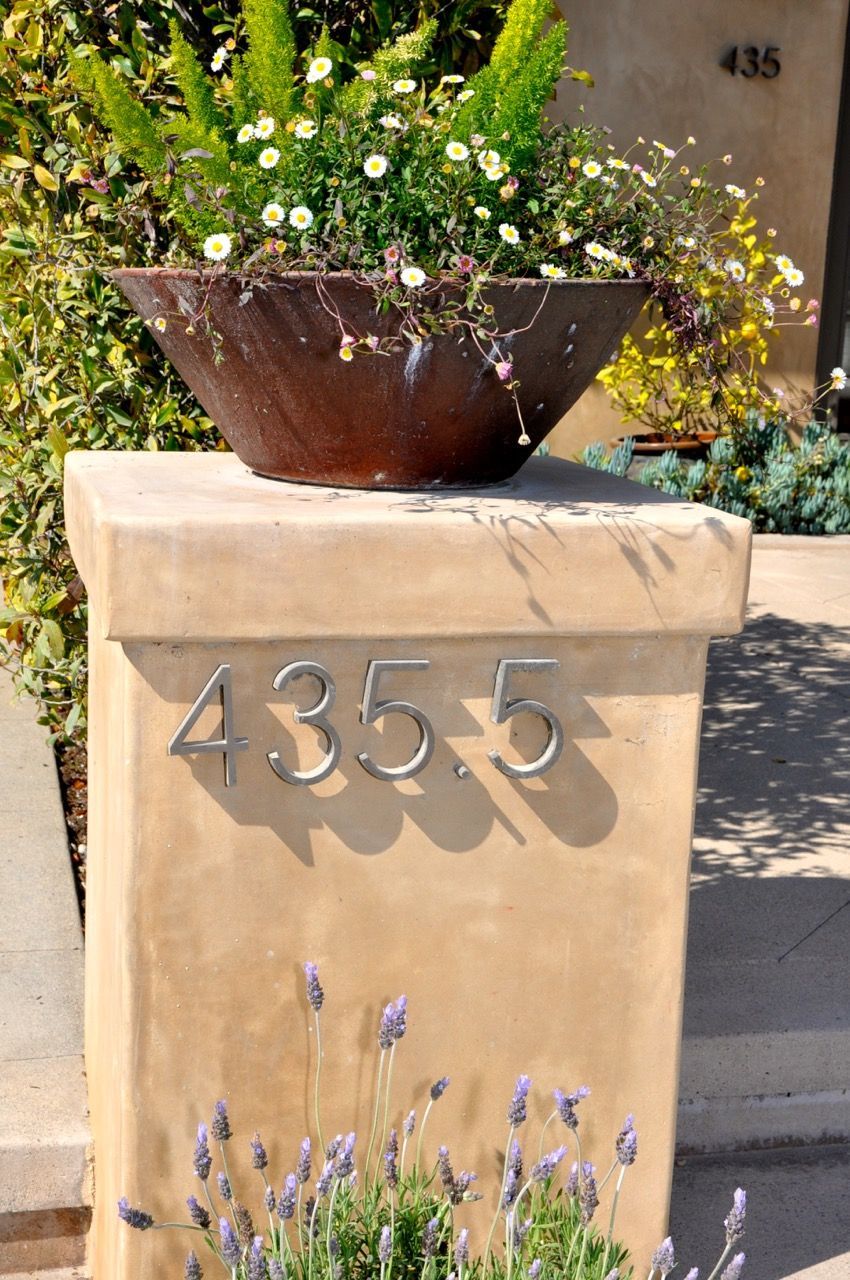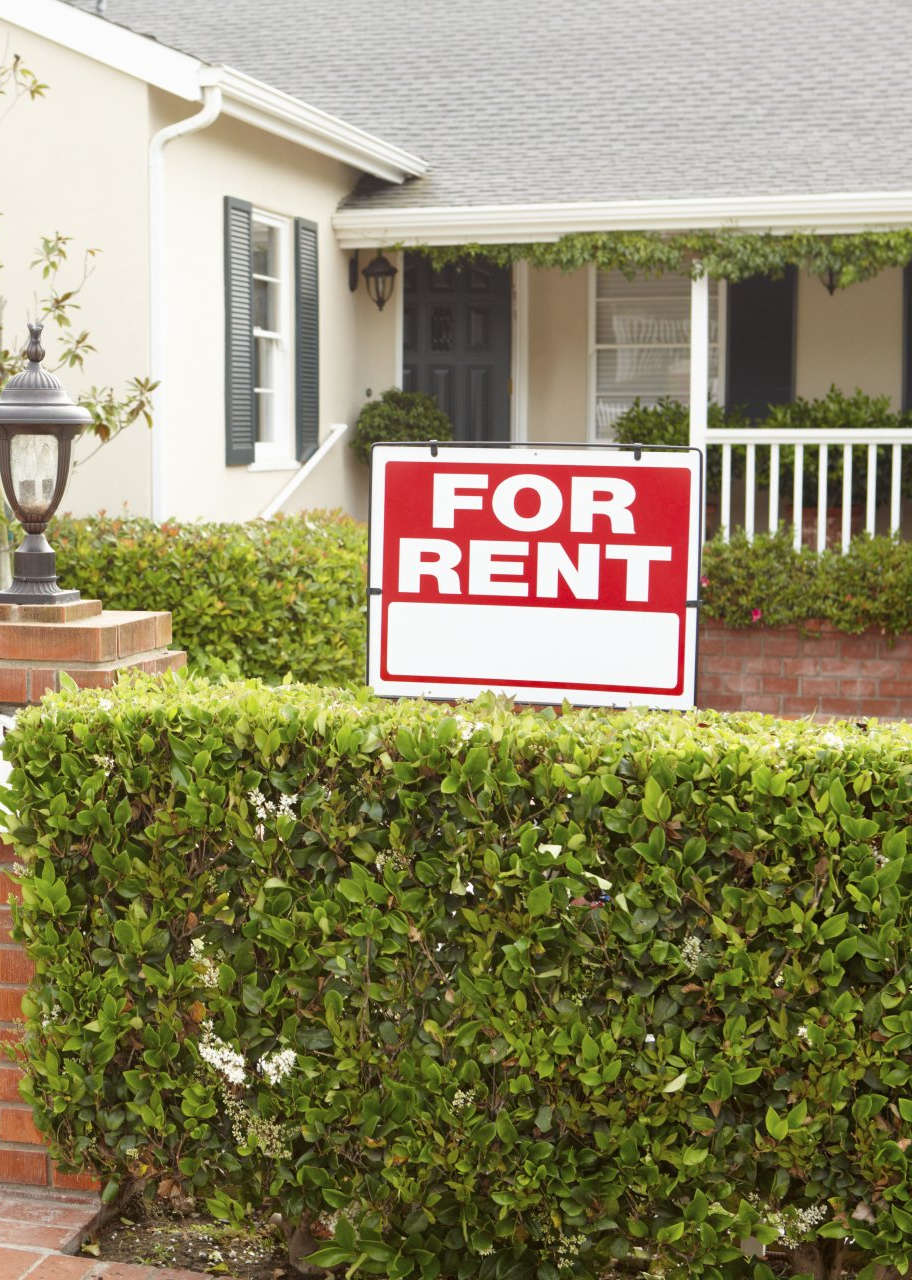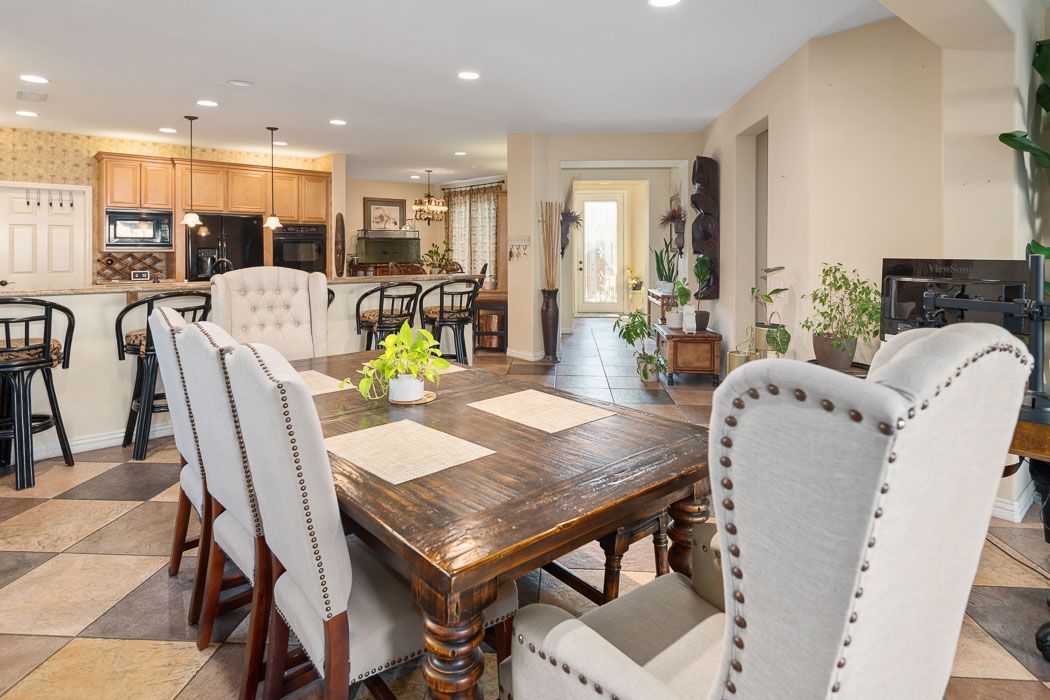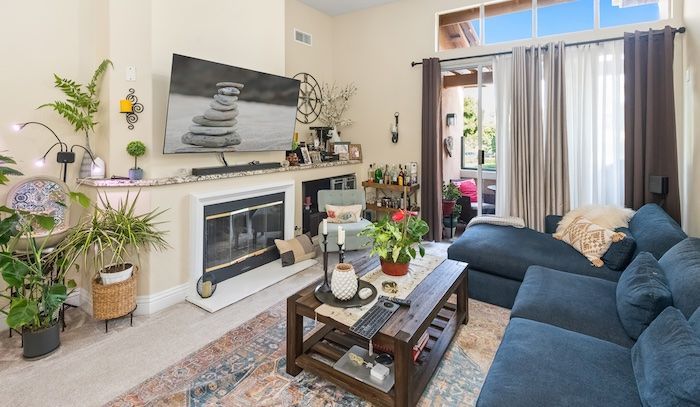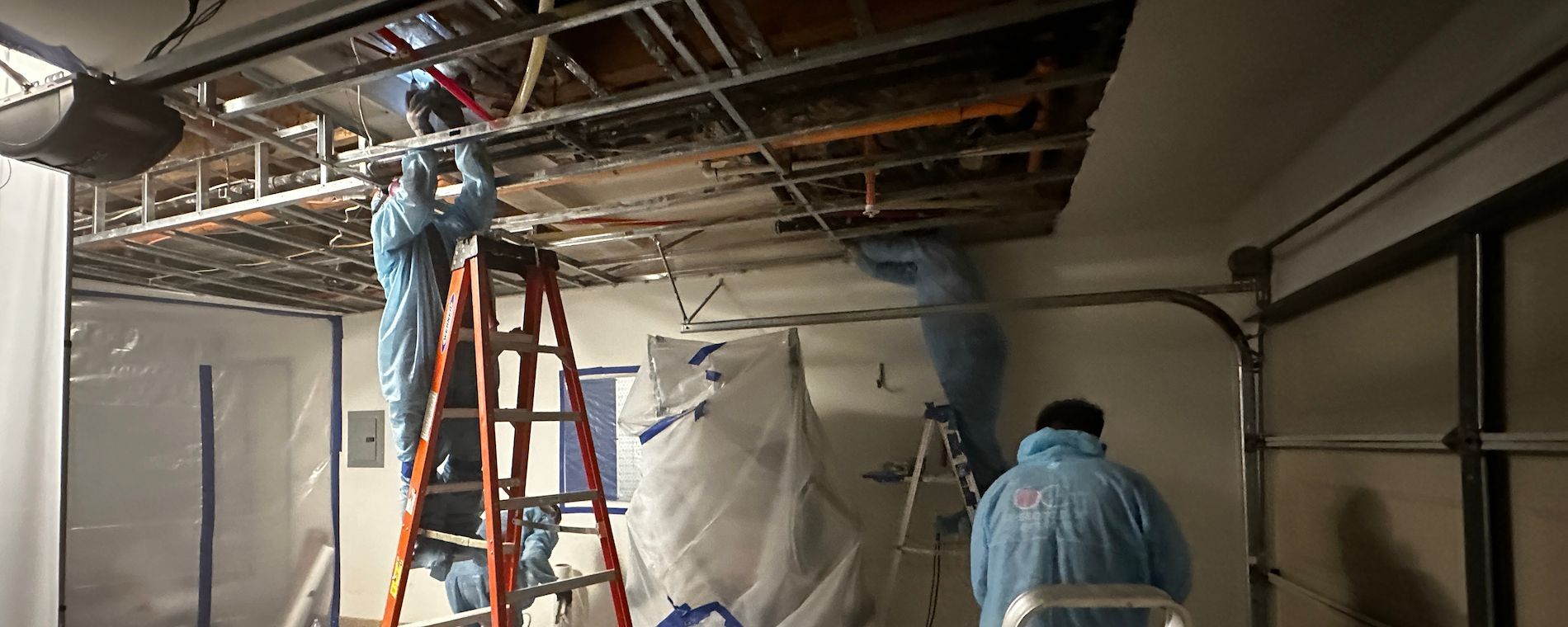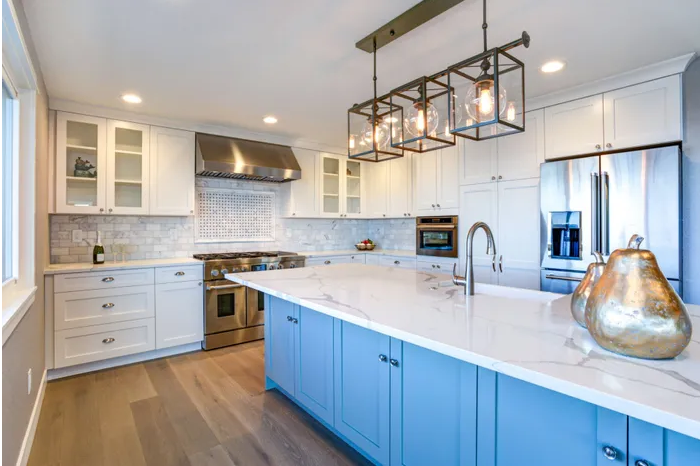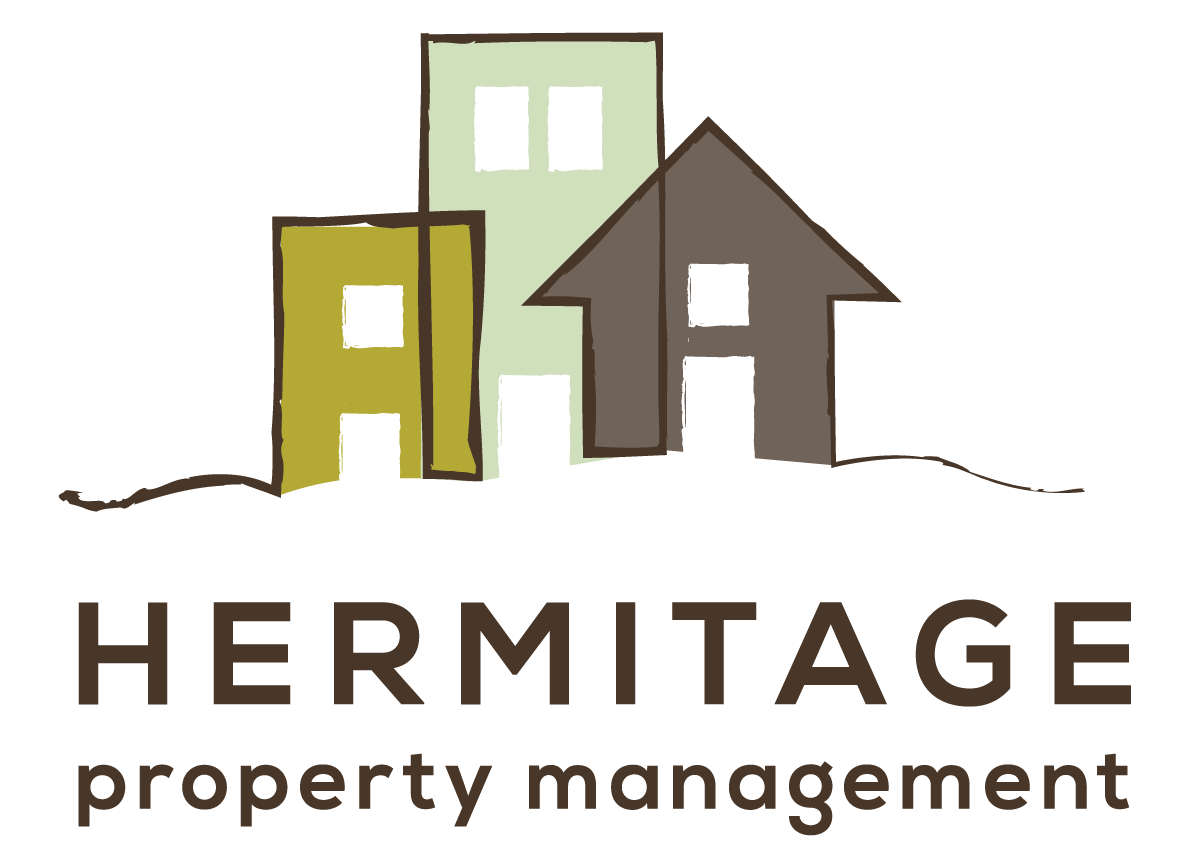Why hire a property Manager
California's New Refrigerator Law: What Landlords Need to Know
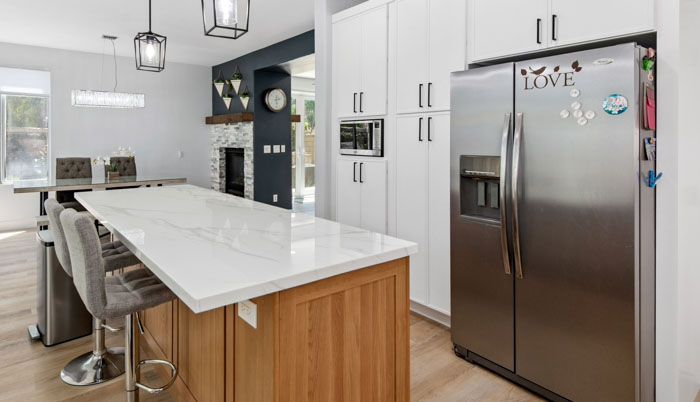
If you own rental property in California, there's a new law that may not be on your radar yet... And it could significantly impact how you manage your properties.
AB 628 has officially changed the definition of what makes a rental property "legally habitable" in California, and it includes something you might assume was already required: a working refrigerator.
What's Changing
Beginning January 1, 2025, California Civil Code §1941.1 requires all rental properties to include:
- A working refrigerator
- A functioning permanent or built-in oven with a stovetop
Landlords have until January 1, 2026 to ensure every rental unit is compliant. This Is No Longer Optional.
Refrigerators can no longer be offered as a "courtesy"—they're now legally required, even if your lease says otherwise.
This law applies to:
• Single-family homes
• Condos and townhomes
• Multi-family units
The only exception? Short-term vacation rentals. For everything else, AB 628 applies.
What Happens If You're Not Compliant?
According to the State of California, your property is not legally habitable without these appliances.
This means:
• Tenants can withhold rent
• They can use "repair and deduct" to remedy the situation themselves—and bill you for it
• You could face code enforcement action
• It may delay new leases or trigger tenant disputes
• You could face legal claims
Important: Under AB 628, you cannot make the tenant responsible for repairs or replacements. You can no longer provide appliances "as-is" or allow tenants to bring their own refrigerator. Any lease language attempting to shift this responsibility is now void under California law.
Important Note for Existing Leases. For existing leases where the landlord did not supply a refrigerator, there is no immediate requirement to install one unless or until
the lease is renewed, extended, or amended on or after January 1, 2026.
At the time of renewal or any lease modification after January 1, (including rent increases), the landlord must provide and maintain a working refrigerator unless both parties agree in writing that the tenant will supply their own. Proper documentation should be included in the lease.
Your Action Checklist
Here's what you need to do to stay compliant:
1. Review your properties and lease agreements – Confirm that each unit has a refrigerator and built-in stove, and verify that both are in working condition.
2. Fix or replace non-working appliances – If the fridge is failing or stovetop burners aren't functioning properly, address it now before it becomes a tenant issue.
3. Plan for replacements – Older units may need an upgrade. Factor these costs into your 2025–2026 budget.
4. Update your lease agreements – Ensure your lease clearly states that as the landlord, you are responsible for these appliances and their maintenance.
5. Coordinate with your property manager – If you work with a property management company, make sure they're checking compliance before listing vacancies, or renewing lease agreements.
At Hermitage Property Management, we're already incorporating these compliance checks into our agreements, onboarding process and inspections.
How Hermitage Property Management Can Help
We're here to make this transition as smooth as possible. We'll:
• Conduct property walk throughs to identify any compliance gaps
• Coordinate repairs or replacements with our trusted vendor network
• Help you select reliable, cost-effective appliances
• Update lease language to ensure you're fully protected
Our philosophy is simple:
No surprises. Just great management.
AB 628 represents another significant change in California landlord-tenant law, but with proper planning and support, compliance is completely manageable.
Got questions? Want us to evaluate your property for AB 628 compliance?
Reach out anytime—we're happy to help you stay ahead of this important legislation.
📞 Contact Hermitage Property Management today. ((949) 300-2634)
